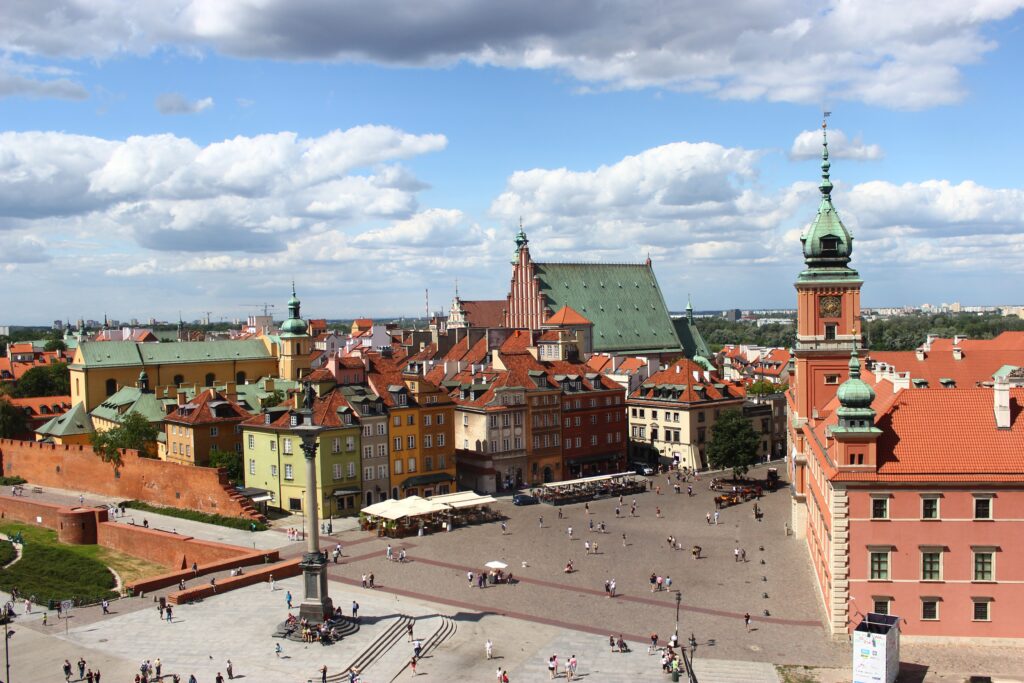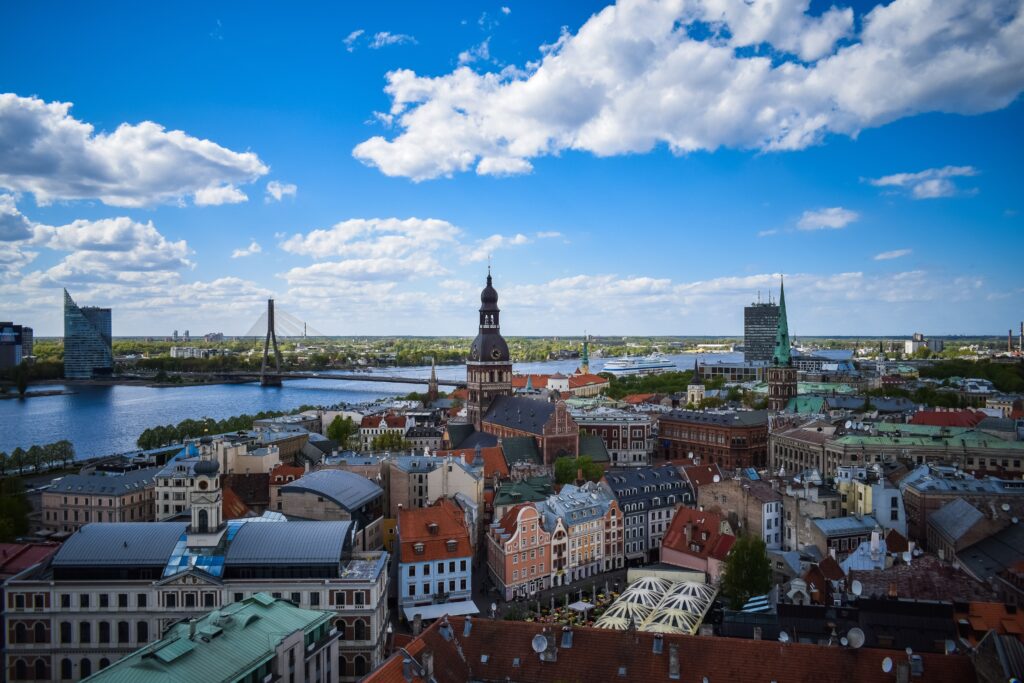
Poland
Poland is located in the very centre of Europe. With the total area of 312,679 km² (120,728 sq mi) it’s the seventh biggest country on the continent.
Polish population is over 38,5 million people. The capital city is Warsaw (around 2 million inhabitants).
Poland borders 7 countries: Germany on the west, Czech Republic and Slovakia on the south, Ukraine, Belarus and Lithuania on the east, and Russia on the north.
Poland is placed in a moderate zone with mixed continental and oceanic climate influences.
Portugal
The nation that brought us barbecued chicken, Port Wine and Cristiano Ronaldo certainly has a weird way with words.
From “swallowing frogs” so you bite your tongue to “breaking the coconut laughing” because you’re laughing so hard you lose control, the Portuguese have a naturally descriptive and colourful way of telling a story.
And, it is this love of storytelling that has fuelled the wanderlust of the Portuguese.
The country may be small compared to its European neighbours, but what it lacks in size it more than makes up for in sheer tenacity, hard work and a sense of adventure.


Ukraine
Ukraine is a president / parliamentary republic with the authority divided between The President (Head of the executive power), VerkhovnaRada (Legislative power, Parliament) and court system.
Political life is characterized by a great number of political parties. The main law is Constitution adopted in 1997 Borders are with Russia, Belarus, Poland, Slovakia, Romania, Moldova.
Ukraine is a country in Eastern Europe. Ukraine borders the Russian Federation to the east and North-East, Belarus to the North-West, Poland,Slovakia and Hungary to the West, Romania and Moldova to the South-West, and the Black Sea and Sea of Azov to the South and Southeast, respectively.
Latvia
The Republic of Latvia was founded on 18 November 1918 (18 November is a national holiday and the day of proclamation of Latvia’s independence).
Following the end of the fight for freedom in 1920, several countries recognised Latvia’s independence de jure, and 16 foreign missions were established in Riga.
Latvia lost its independence in 1940 after the beginning of the World War II. It was first occupied by the Soviet Union (from 1940 to 1941).
Then the occupation by Nazi Germany (from 1941 to 1945) followed. However, the Soviet Union regained the power and occupied Latvia again (from 1945 to 1991).

